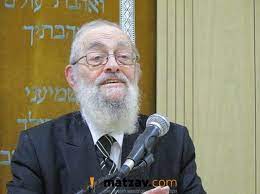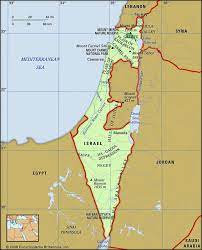Israel’s New Hostage Deal – the Good, the Bad, and the Ugly
Let me begin by saying that we in Kiryat Arba have been praying for the hostages for 15 months, and we are glad that they are being released, whatever mixed feelings we have about the terms.
Hostage deals with extravagant price tags are not something new. The first big hostage deal was in 1985, when Shimon Peres was prime minister. It was called the Jibril Deal, and I remember protesting against it at a Tel Aviv demonstration. It freed 1,150 terrorists in exchange for three Israeli hostages held by the terrorist Popular Front for the Liberation of Palestine (PFLP). Israel had never seen the likes of that.
Later, in 2011, there was the Shalit deal, which freed arch-terrorist Yihye Sinwar, mastermind of the October 7th attack, and 1,026 other terrorists in exchange for one soldier.
In November of 2023, after a month of heavy fighting following the October 7th attack, Israel achieved a hostage deal in which 108 hostages were released in exchange for 150 Palestinian prisoners. At some point, negotiations broke down and the Gaza war resumed.
Last month, a year later, presumably following pressure from Donald Trump for a deal, an agreement was reached in which 33 of the remaining 82 Israeli hostages were to be released by February 16 in exchange for the release of about 1,900 terrorists, a thousand of them serving life sentences. Another 49 living hostages remain after that, and their release will involve further negotiations.









